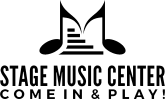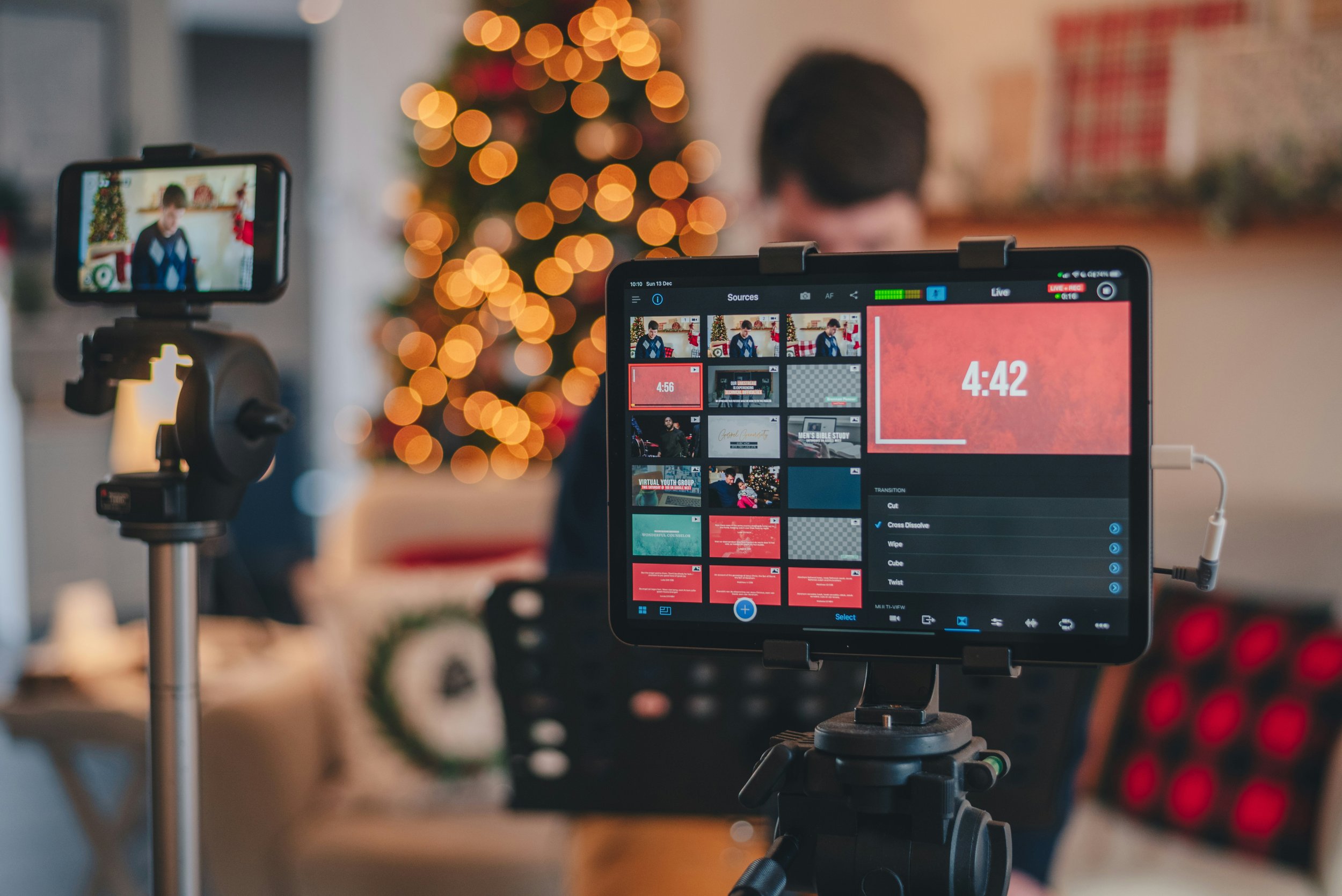How COVID-19 Has Changed the Music Industry
Digital streaming was already driving the music sector to a new high in 2020. Then arrived the novel coronavirus, forcing concerts, tours, and releases to be canceled. This gave streaming a huge surge. Plus, it shifted the focus from in-person music lessons to virtual classes.
COVID-19 has dramatically impacted almost every industry, and the music industry is no exception. Artists were walloped as their earnings from concerts, and in-person music dried up, thanks to lockdowns, social distancing, and physical isolation. Performers started to rely on revenues from online streaming services and virtual concerts to partially cover their losses.
Here're the effects of COVID-19 on the music industry:
Sales and Streaming
Because of the COVID-19 outbreak, the global live concert music saw a loss of more than $30 billion in 2020.
Because of the COVID-19 outbreak, the global live concert music saw a loss of more than $30 billion in 2020. And the losses continued into 2021. The decline in sales of live events hit artists severely because governments worldwide placed restrictions on live events and social gatherings to prevent the spread of the coronavirus.
The good news is that the losses were partly offset by the growth in digital streaming. While earnings from online streaming are not at par with live music concerts, it provides artists with an alternative way to cover their losses.
The innovations in online streaming and the shift of a massive audience to online platforms are expected to open new paths for artists to monetize their work in the future.
Shift to Virtual Music Classes
Virtual music classes were rare before the pandemic because both students and music schools considered physical presence necessary for music lessons. But the COVID lockdowns and restrictions on physical contact shifted the focus from in-person classes to virtual classes.
Virtual music classes are part of the new normal now.
On top of that, the new trend triggered innovations in music classes, causing music schools to embrace technology to stay relevant in the face of the challenges of COVID-19. For instance, here at SMC, we started to teach music remotely via Zoom, Facetime, and Skype.
Virtual music classes are part of the new normal now, and it offers many benefits for both teachers and students. For example, it saves time and money for both students and teachers who would have to commute to in-person classes. Plus, you can learn music at affordable fees from the comfort of your home.
Virtual Concerts
The only way to hold large concerts before COVID was by playing live shows. But as people started locking themselves in their homes, the music industry realized that it could host virtual concerts and still reach fans.
Streaming platforms like Spotify, Tidal, and Apple Music saw a massive surge in subscriptions, artist activity, and engagement during the COVID-19. The best part? These digital services introduced innovative features for artists to hold virtual concerts.
Statistics from RIAA show that virtual concerts and live streaming were the driving force for performers in 2020 and 2021. Many experts believe that this is not a short-term shift. Virtual concerts are here to stay and flourish even after the pandemic.
New Ways to Engage With Fans
Thanks to virtual concerts, live streamings, and social media, artists can now engage with fans in unique ways. Many digital platforms have introduced new features and formats for artists to interact with their fans.
As an artist, you can also go directly to your fans through platforms like Instagram and Twitch. While this trend isn't new, COVID-19 promoted it and led to a rise in the number of audiences and followers. Also, record labels encourage it by giving artists better live streaming technologies and tools.
Some live streaming services have also introduced new monetization methods, such as virtual gathering fees and paid interaction with artists. Some platforms even introduced exclusive membership categories for fans to access special content of their favorite performers.
Final Thoughts
The music industry has been hit hard by the COVID-19 outbreak. It led to a sharp drop in the sales of live music concerts and an increase in digital streaming. There has also been a rise in virtual music classes and shows.
As the pandemic ends, the industry will slowly return to its regular distribution model. However, the changes witnessed by the music sector are here to stay and reshape the industry's future.
Register for Online Music Class
Are you looking for a virtual music class in Winchester or Acton, MA? You're at the right place. Stage Music Center offers online and in-person music classes for kids, adults, and teenagers.
Register now or contact us for more information.


